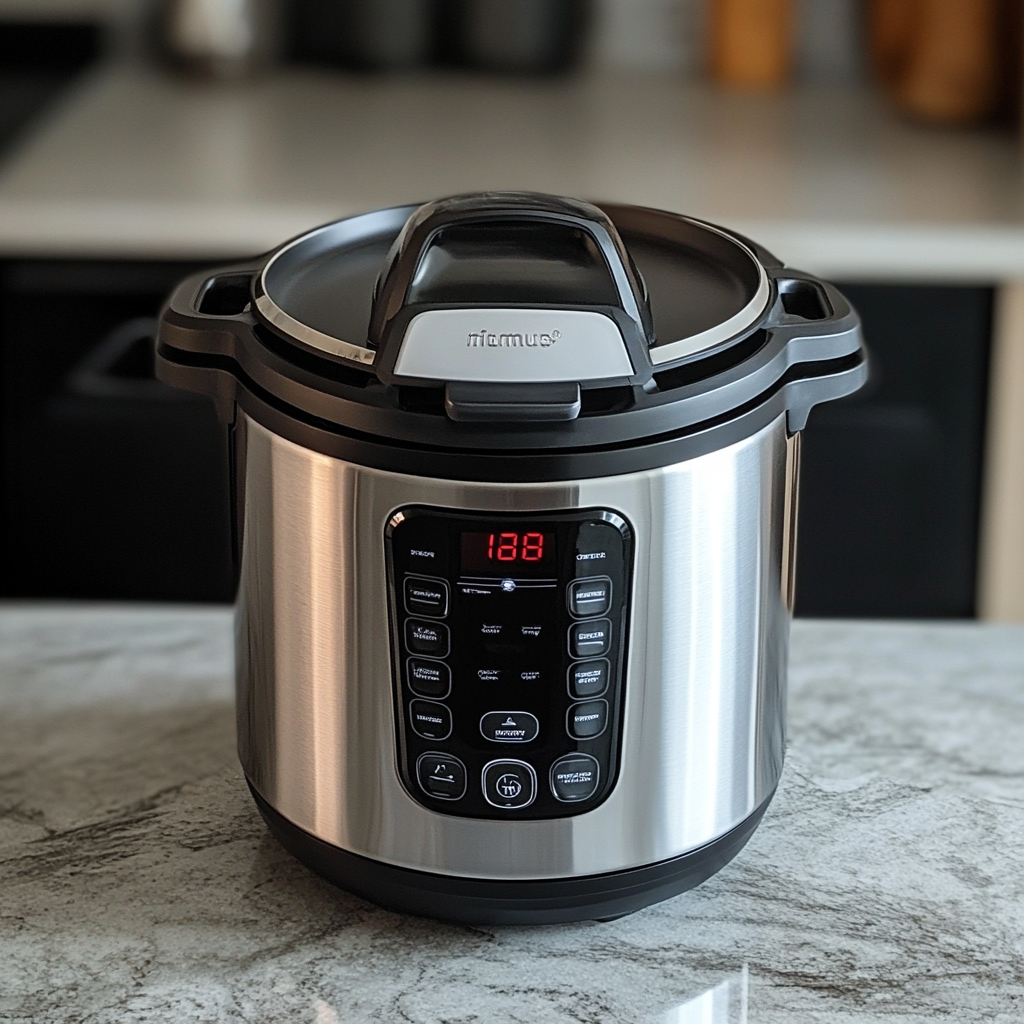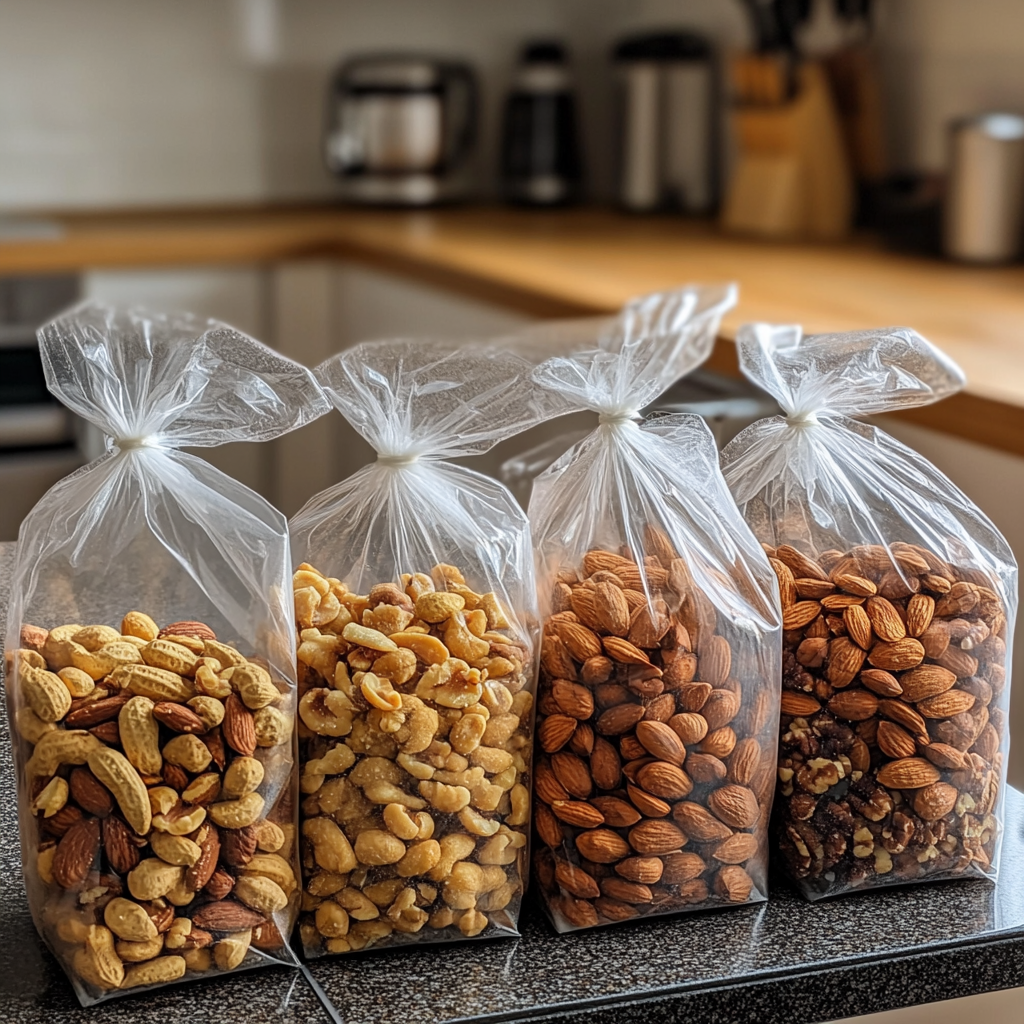
This blog takes me back to my nearly 30 years in the retail industry.
Have you ever come home after a long day at work, feeling too tired to cook? You’re not alone. It’s easy to be tempted by the convenience of a quick meal from a restaurant or fast-food place, but that choice has a cost. Not just financially, but also in terms of health.
Many restaurant meals are packed with salt, fat, sugar, and processed ingredients. This is where the Five P’s come into play: Proper Planning Prevents Poor Performance. When you have healthy foods readily available, you’re more likely to make choices that are good for both your health and your wallet.

A little planning can make a big difference. Whether you dedicate 15 minutes once a week or a few minutes each day, planning helps you stay ahead of your hunger. This approach is especially valuable for dinner meals. By planning ahead, you can avoid the last-minute scramble to pick up fast food or rummage through the pantry for something less nutritious.
The Importance of Planning
Planning your meals means you have healthy options available when hunger strikes. Imagine this: you come home from work, exhausted, but instead of reaching for takeout, you have a delicious, healthy meal ready to be heated up. This simple shift can have a huge impact on your health.

When you plan:
– You have healthy food available when you’re hungry.
– You feel better both physically and mentally.
– You make progress on your health goals.
One of my clients perfectly summed it up. When I asked her what’s the most important thing to teach my clients in my Thrive Program, she said, “Mike, they have to have the healthy food available when they are hungry. If not, all bets are off.” I couldn’t agree more. I see this challenge with my clients all the time. But with a little planning, it’s easy to overcome.
Ways to Plan for Healthy Eating
1. Batch Cooking: One of the best ways to ensure you have healthy food ready is batch cooking. Spend an hour or two on the weekend cooking a few meals that you can store in the fridge or freezer. This way, you have meals that just need to be heated up when you get home. There are 168 hours in a week. If you take away 50 hours for working and 56 hours for sleeping, this still leaves 62 hours. Spending one or 2 hours each week to cook can be an incredible investment of your time in your health.

2. Meal Prep: Prepare ingredients ahead of time. Chop vegetables, cook grains, and portion out proteins. Having everything ready to go makes it easier to throw together a healthy meal quickly.
3. Make a Weekly Menu: Plan your meals for the week. Knowing what you’ll eat each day takes the guesswork out of meal times and helps you stay on track.

4. Use a Slow Cooker or Instant Pot: These tools are great for making healthy meals with minimal effort. You can set up a slow cooker in the morning and come home to a hot meal.
5. Keep Healthy Snacks Handy: Stock your pantry and fridge with healthy snacks like fruits and nuts. When you need a quick bite, you’ll have nutritious options available.

Positive Outcomes of Planning
When you plan your meals, you’re setting yourself up for success. Here are some positive things that can happen:
– Quick and Easy Meals: With meals prepped and ready, you can have dinner on the table in minutes. This saves time and reduces stress.
– Healthier Choices: You’re more likely to eat nutritious foods when they’re easily accessible. This leads to better health and more energy.

– Cost Savings: Cooking at home is usually cheaper than eating out. By planning your meals, you can save money.

– Achieving Health Goals: Consistently eating healthy meals helps you reach your health goals, whether it’s losing weight, managing a health condition, or just feeling better overall.
Call to Action
Are you ready to give it a go? This week, try planning your meals. Take a few minutes each day or set aside some time over the weekend to prepare. You’ll soon notice the impact on your health and your budget. Meal planning doesn’t have to be overwhelming. Start small and see the positive changes it brings. You might even begin by planning dinners for just Tuesdays and Wednesdays for a few weeks to ease into it. Remember, good planning leads to great results (PPPPP =).
You’ve got this!

Mike Thomas is a registered pharmacist and a board certified health coach. He helps busy professionals who struggle with low energy, high stress and chronic pain.
This blog is for educational and informational purposes only and solely as a self-help tool for your own use. I am not providing medical, psychological, or nutrition therapy advice. You should not use this information to diagnose or treat any health problems or illnesses without consulting your own medical practitioner. Always seek the advice of your own medical practitioner and/or mental health provider about your specific health situation. For my full Disclaimer, please go to CoachMikeThomas.com.
